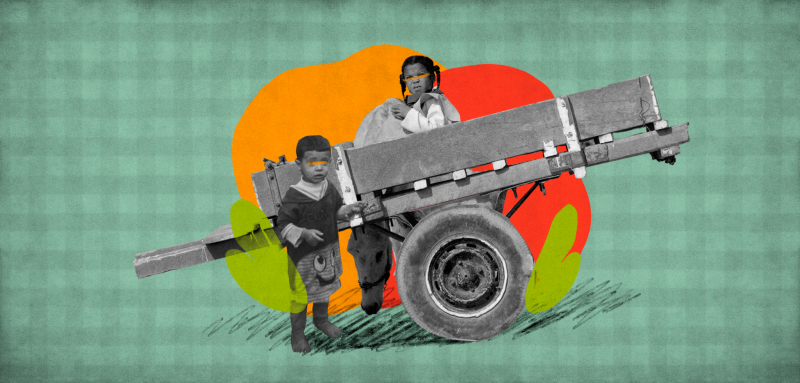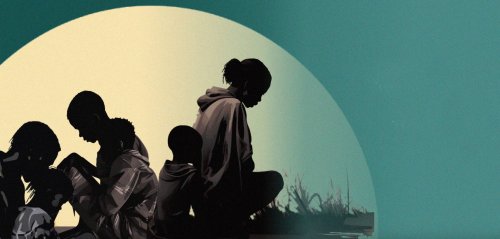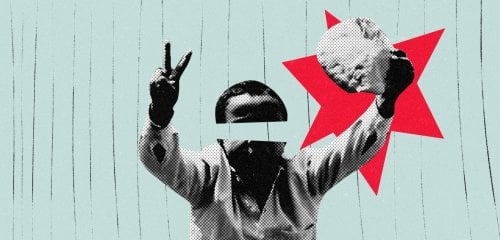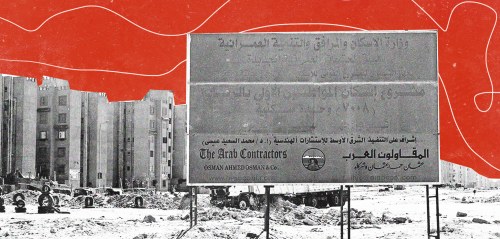Twenty kilometers west of Minya Governorate in Egypt reside the families of the “al-Jams” tribe. They are one of the tribes or families known as the “descendants of strangers” concentrated in Upper Egypt, particularly in the governorates of Aswan, Luxor, Minya, and Sohag.
What are the origins of the al-Jams tribe?
According to historical researcher Abdul Kabir, the al-Jams are a part of the Banu Hilal tribe, one of the most prominent Arab tribes. The al-Jams are linked to the legendary hero Abu Zayd al-Hilali Salama ibn Rizq. They migrated to Upper Egypt in the year 414 due to ongoing conflicts and wars among tribes.
Ibn Khaldun recounts the history of the Banu Hilal tribe’s lineage through the perspectives of a group of city elites. He writes, "In the year 360 AH, when the Fatimid ruler al-Mu'izz conquered the regions of the Levant, took them from the tribes, and sent them back to Bahrain, his emissaries brought groups from Banu Hilal and Banu Sulaym and settled them in the eastern valley of the Nile, where they settled and established themselves" (“Tarikh Ibn Khaldun”).
In this report, Raseef22 documents the reality that over 100,000 members of the al-Jams tribe have faced over many years. They have lived in a state of social exclusion that has forced them into isolated, makeshift settlements resembling ghettos. This has further exacerbated their marginalization, plunging them into poverty and sometimes crime.
The Banu Hilal later branched into 10 clans and lineages, with al-Jams being one of the families belonging to them. The tribe depends on basic occupations, such as 'carrying waterskins and roaming villages with them', as well as livestock rearing. The tribe has faced numerous challenges over time due to historical and social conditions. The Banu Hilal have fared similarly to the experiences of groups like the “al-Halab” and “al-Ghajar,” who are often treated as “second-class families.”
In this report, Raseef22 documents the reality that over 100,000 members of the al-Jams tribe have faced over many years. The al-Jams have lived in a state of social exclusion forcing them into isolated, makeshift settlements resembling ghettos. This has further exacerbated their marginalization, plunging them into poverty and sometimes crime.
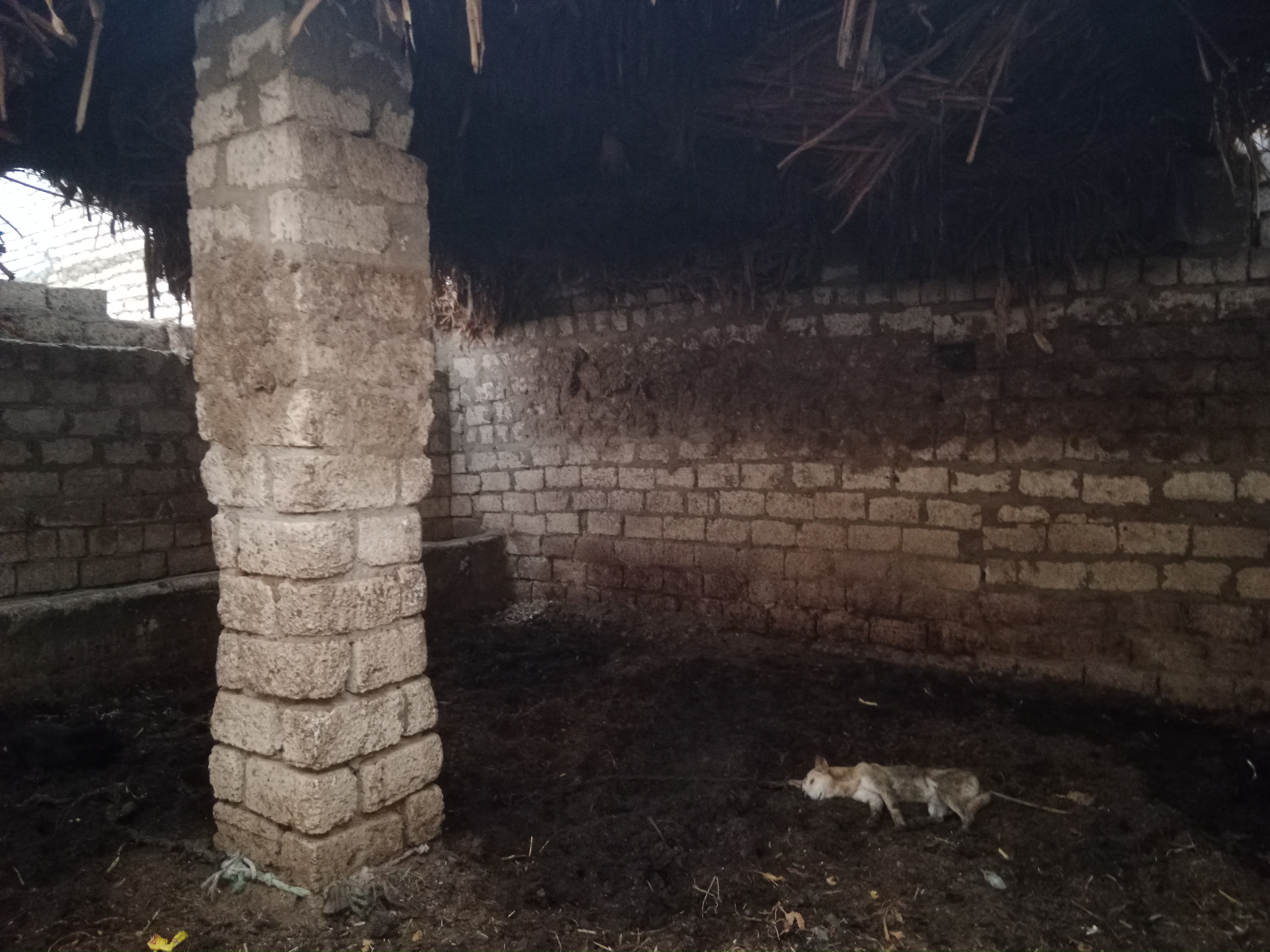 The life of the al-Jams tribe in Upper Egypt.
The life of the al-Jams tribe in Upper Egypt.
Generations without identification
Khaled Ahmed is a young man unsure of whether he is 16 or 18 years old. Like many others from the al-Jams community in Fuqa’i village in the Minya Governorate, he does not have any official identification papers.
"I haven't even received the polio vaccine. I never attended school, didn’t receive food rations, and will not do military service. I am essentially nonexistent. Even if I decided to obtain an ID or certificate tomorrow, it would be impossible because neither my father nor my grandfather have any official documents either."
Statistics Raseef22 obtained from the village mayor indicate that "90 percent of the al-Jams community are not registered in government records." Most marriages in the community occur before the legal age, resulting in both adults and their children lacking any form of identification. Over time, this has led them to be deprived of fundamental rights, such as education, employment, and legal marriage. It also has led to social marginalization in daily interactions. Gradually, negative stereotypes and hate speech toward the al-Jams have entrenched their isolation.
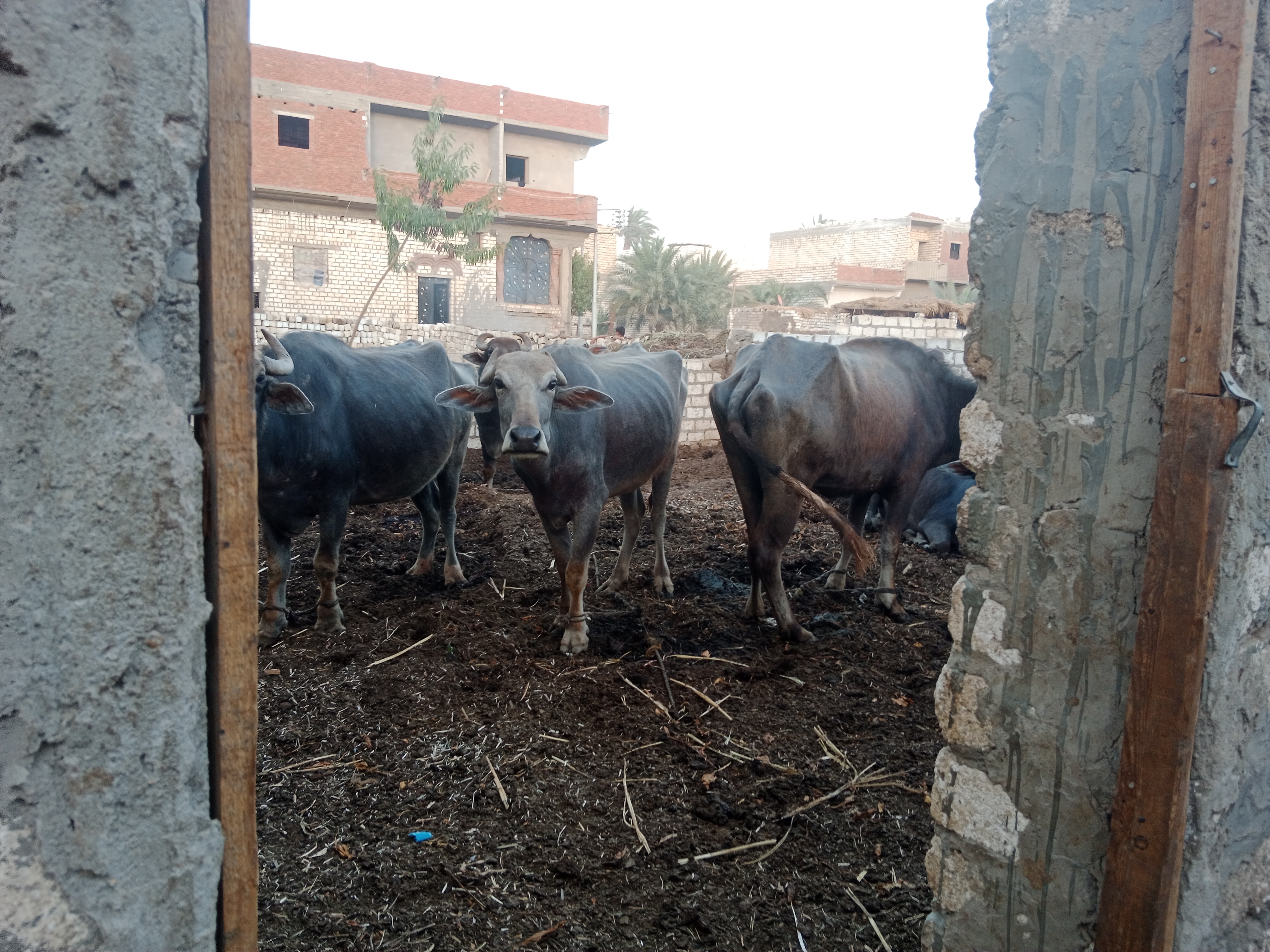 The life of the al-Jams tribe in Upper Egypt.
The life of the al-Jams tribe in Upper Egypt.
Ninety percent of the al-Jams community are not registered in government records. Over time, this has led them to be deprived of fundamental rights, such as education, employment, and legal marriage. It has also led to social marginalization in daily interactions. Gradually, negative stereotypes and hate speech toward the tribe have entrenched their isolation.
"I won't be the first in the tribe to educate his daughter"
Tamara Adham, an eleven-year-old girl who has never had the chance to attend school, talks with Raseef22 about her wishes. She says, "If it were up to me, I would love to go to school." However, she understands that education is an unattainable dream for girls in the al-Jams community. Who is the decider of this reality?
Ahmad Nabil Shehateh from the al-Jams tribe explains that of his two children, his son might receive education, while his daughter will have no such opportunity.
"We do not educate our daughters. There are no educated girls or women within the al-Jams community so that we avoid conflicts with the farmers’ children and steer clear of unnecessary harassment and bullying." He notes that he is not willing to be the first in the village to educate his daughter, fearing attacks and harassment from all sides. He concludes, "I’ve come to the conviction that girls learn life lessons at home."
Shahed, a twenty-one-year-old woman who married at 14 , tells Raseef22 about the bullying girls face from the village children because of their appearance and clothing. She explains that the children chase and mock them with derogatory words. Shewonders, "How would [the bullying] be if I went to school?"
A primary school is located just a few meters east of the al-Jams tribe, yet their children are deprived of education. According to Abdul Ghani Yousry, the school principal, about 3,000 al-Jams children under the age of 15 live in the village of Fuqa’i in Minya. Despite being of primary school age, none of them are enrolled. He attributes this to several factors, including the children not having f birth certificates. Yousry emphasizes that community and civil society associations must do more to educate families about the importance of education and raise awareness among the younger generations of their tribe.
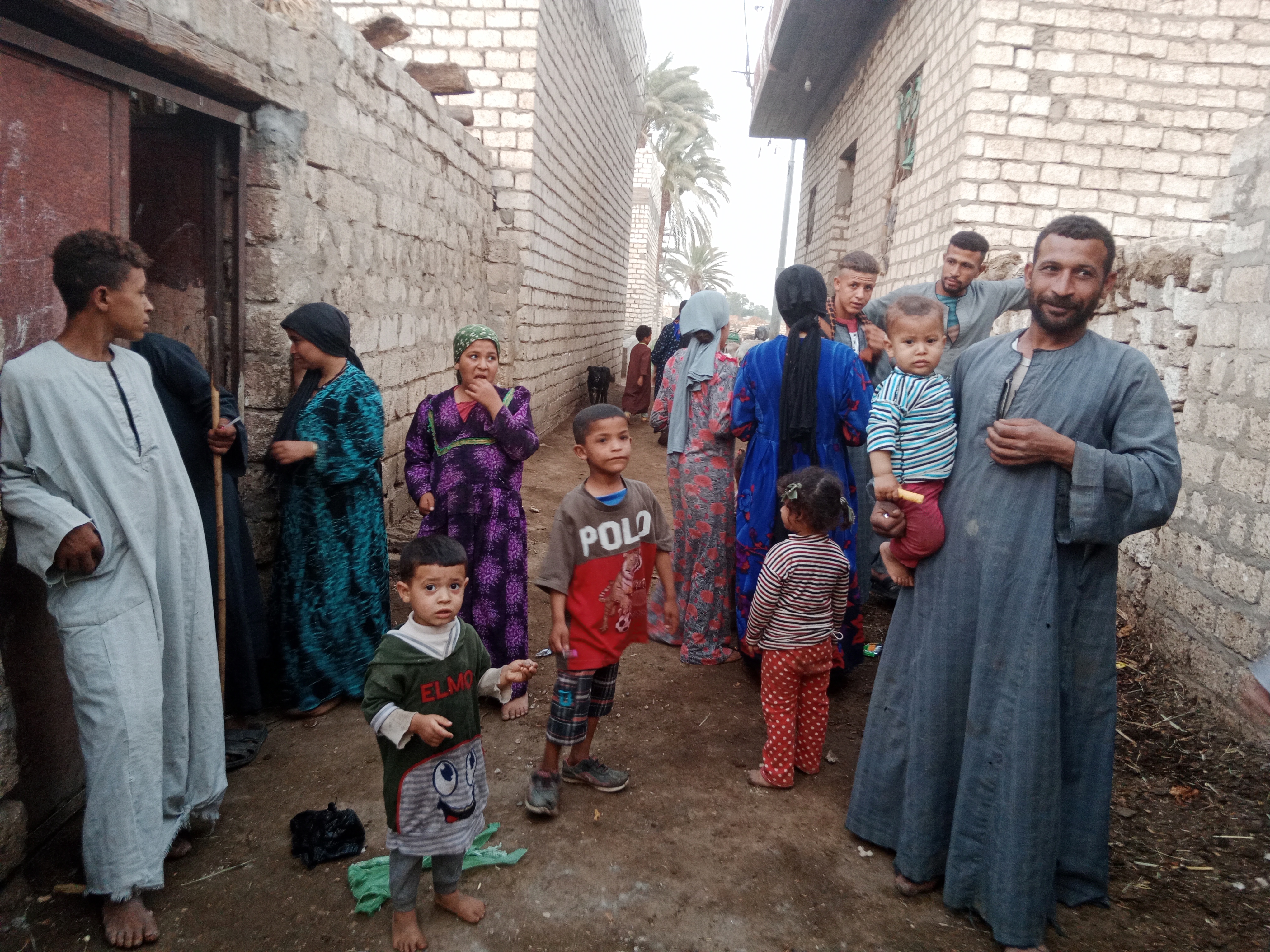 The life of the al-Jams tribe in Upper Egypt.
The life of the al-Jams tribe in Upper Egypt.
Begging as a way of life
Khaled and Tamara exemplify the typical experiences of most al-Jams children who are deprived of education. At an early age, Khaled took up buffalo rearing, a skill mastered by the men in the al-Jams community. Meanwhile Tamara resorted to begging, traveling every day throughout the the villages and governorates of Upper Egypt with other girls from the tribe.
Amer, the head of the al-Jams family, tells Raseef22: "We are accustomed to this primitive lifestyle. Just as we were raised, we raise our children to work in animal husbandry and buffalo rearing. Every young man eventually gets at least one buffalo on a small rented piece of land. The livestock live in the same houses as us, which adds an unpleasant odor to the surroundings."
Khaled is a young man who is unsure whether he is 16 or 18 years old. Like many others from the al-Jams community, he does not have any official identification. He has not received the polio vaccine, never attended school, and will not do military service. “I am essentially nonexistent. Even if I decided to obtain an ID tomorrow, it would be impossible because neither my father nor my grandfather have any official documents either."
Novelist Khaled Ismail, a native of Luxor where many al-Jams families reside, speaks to Raseef22 about the enduring class hierarchy in Upper Egypt. He explains that society is divided based on power, wealth, and lineage. He observes that this system forces people of the al-James tribe into jobs that others avoid, such as water carrying., Traditionally, water carrying featured tribe members transporting water across villages on donkeys and their backs. They also face derogatory stares from a community still riddled with outdated traditions and ideas. Ismail emphasizes the need for a combined effort from the state, community, and civil society organizations to change these entrenched perceptions.
Shaher Mohamed, the village mayor, informs Raseef22 that significant efforts have been made in recent years to prevent women and girls from begging. The local authorities even alerted the Ministry of Interior, which responded by setting up checkpoints at the village entrances and exits. However, these measures proved ineffective, as the beggars have consistently found ways to circumvent the checkpoints. They either disguised themselves or used various excuses. Consequently, the checkpoints were eventually removed, and the problem persisted.
Internal conflicts and issues
The mayor also notes that many of the al-Jams' problems and conflicts are internal. Violence is prevalent within their families and can escalate to crime. For example, a recent dispute resulted in the killing of one individual with a herding stick and death sentences for two others. Despite this, the affected party continues to seek revenge.
Dua’a Mohamed, a coordinator at St. Mark Development NGO, works on short-term projects focusing on women, children, and intermittent labor. She says, "NGOs and development organizations tend to avoid collaborating with al-Jams due to their informal and disorganized nature. Since they form a community within a community plagued by chaos, even a minor issue can escalate to incitement and hatred against them, exacerbating the situation in the village. Sometimes, villagers fear that the al-Jams might take control of the village, leading them to harbor animosity."
She adds, "A recent minor incident involving a girl from the al-Jams caused significant tension in the village, prompting locals to call for the expulsion of the al-Jams and their exclusion from public transportation.” This led to them having “to walk three kilometers to reach transportation in the neighboring village, a situation that went on for months. Generally, members of the al-Jams face hate speech due to their perceived status as outsiders and social outcasts in small rural communities.”
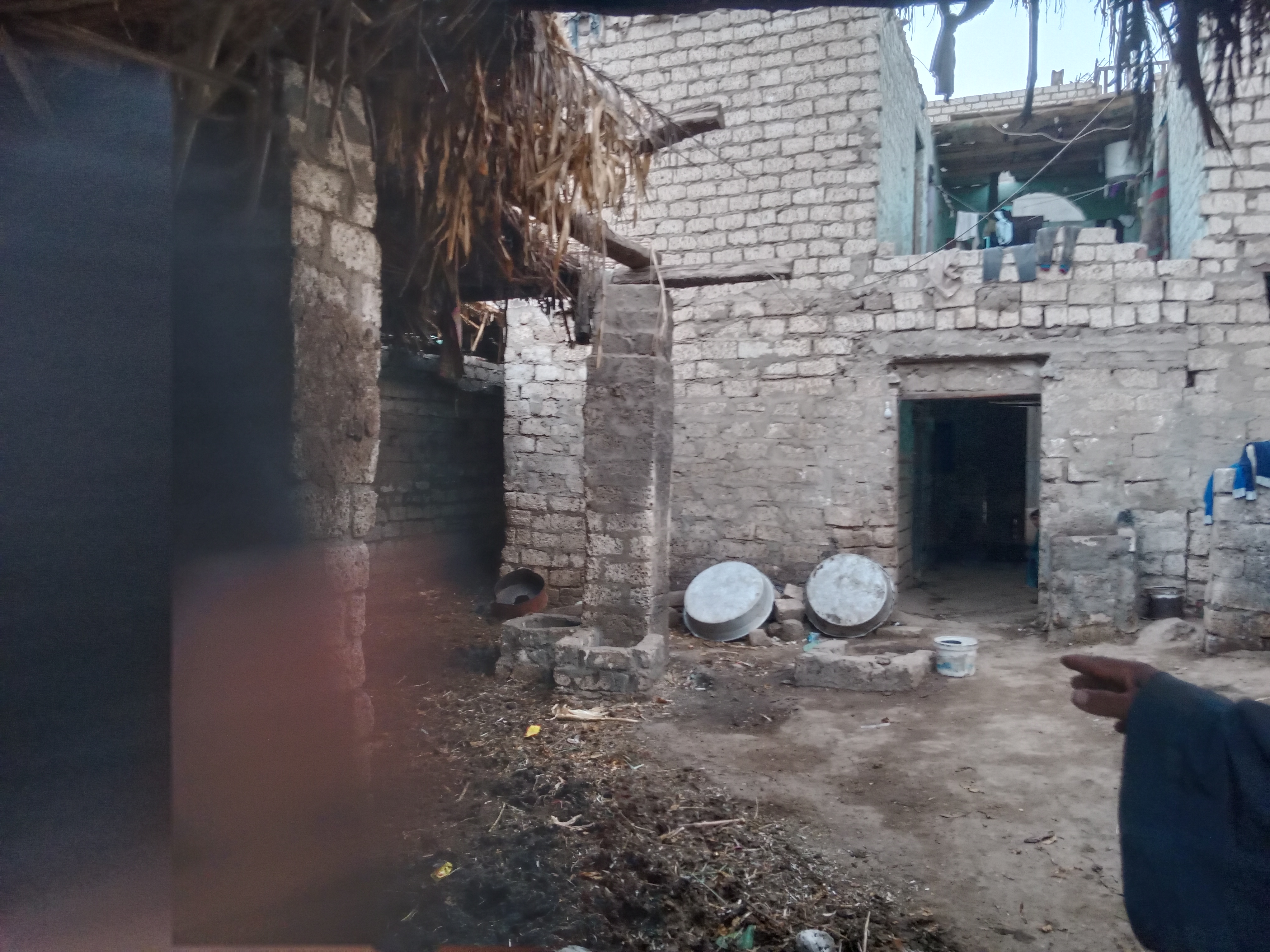 The life of the al-Jams tribe in Upper Egypt.
The life of the al-Jams tribe in Upper Egypt.
Escaping to cities… or Sufism
In light of this situation, Khaled Ismail highlights potential opportunities for some educated members of oppressed groups like the al-Jams, al-Masaleeb, and the Dom people (also know as Roma Egyptians) to find refuge in major cities. He explains that these individuals often relocate to major cities, where they can live freely without being questioned about their tribe or lineage. This shift has allowed them to escape the oppression they faced in their villages. However, the poorer members of these groups remain in their villages, continuing to endure injustice and suffering.
Ismail adds, "Another solution is turning to Sufi and Sa'diyya orders, which are associated with Sheikh Saad al-Din al-Jubawi. These orders include all the rural poor in Upper Egypt and promote equality among their members. In these orders, members are all referred to equally, and the member rituals gather everyone in a sacred space. This diminishes social differences between these oppressed individuals and those in positions of power, fostering peaceful coexistence among them.”
“However, this has sometimes led to them being ridiculed. Ahmed Ismail, a writer from Sohag, notes that some view the al-Jams' affiliation with Sufism as an escape that should not be taken seriously.”
Sheikh Mohamed Ibrahim el-Sayed, director of the Hekma Center for Consultation, explains that boasting and pride based on ethnicity or lineage are remnants of pre-Islamic ignorance. While everyone has the right to be proud of their origins, he argues that no one should boast or consider their background superior to others. According to him, pride and demeaning others are not in line with religious teachings.
Many young Jams are engaged in buffalo herding, and many girls resort to begging. Despite efforts to set up checkpoints to prevent the practice of begging, these attempts have consistently failed.
Yousri, the school director, suggests that it would be wise to establish single-classroom schools within the village for al-Jams children of school age. Many of these children want to learn but feel it is too late for them.
In terms of development, Dua’a Mohamed urges developmental institutions to implement educational and awareness programs for al-Jams children and women to raise their level of education and active participation in society. Meanwhile, the village mayor has proposed that institutions collaborate with the Ministry of Interior to encourage al-Jams families to register their children and obtain official documents. He also suggests penalizing those who facilitate early marriages, whether they are e family members or religious leaders.
Ultimately, the al-Jams family exemplifies the challenges faced by marginalized groups in Egypt. Their stories serve as a reminder that much work is needed to secure their basic rights and provide them with fair opportunities in life. Urgent and comprehensive intervention is required to improve their social and economic conditions. This can be achieved through education, economic development, infrastructure improvements, and community awareness. It is this that will help lift them out of the cycle of poverty and crime, and integrate them into society as active members who contribute to sustainable development.
*This report was produced with support from the Media Diversity Institute (MDI), the Andalus Institute for Tolerance and Anti-Violence Studies (AITAS), and the International Center for Journalists (ICFJ).
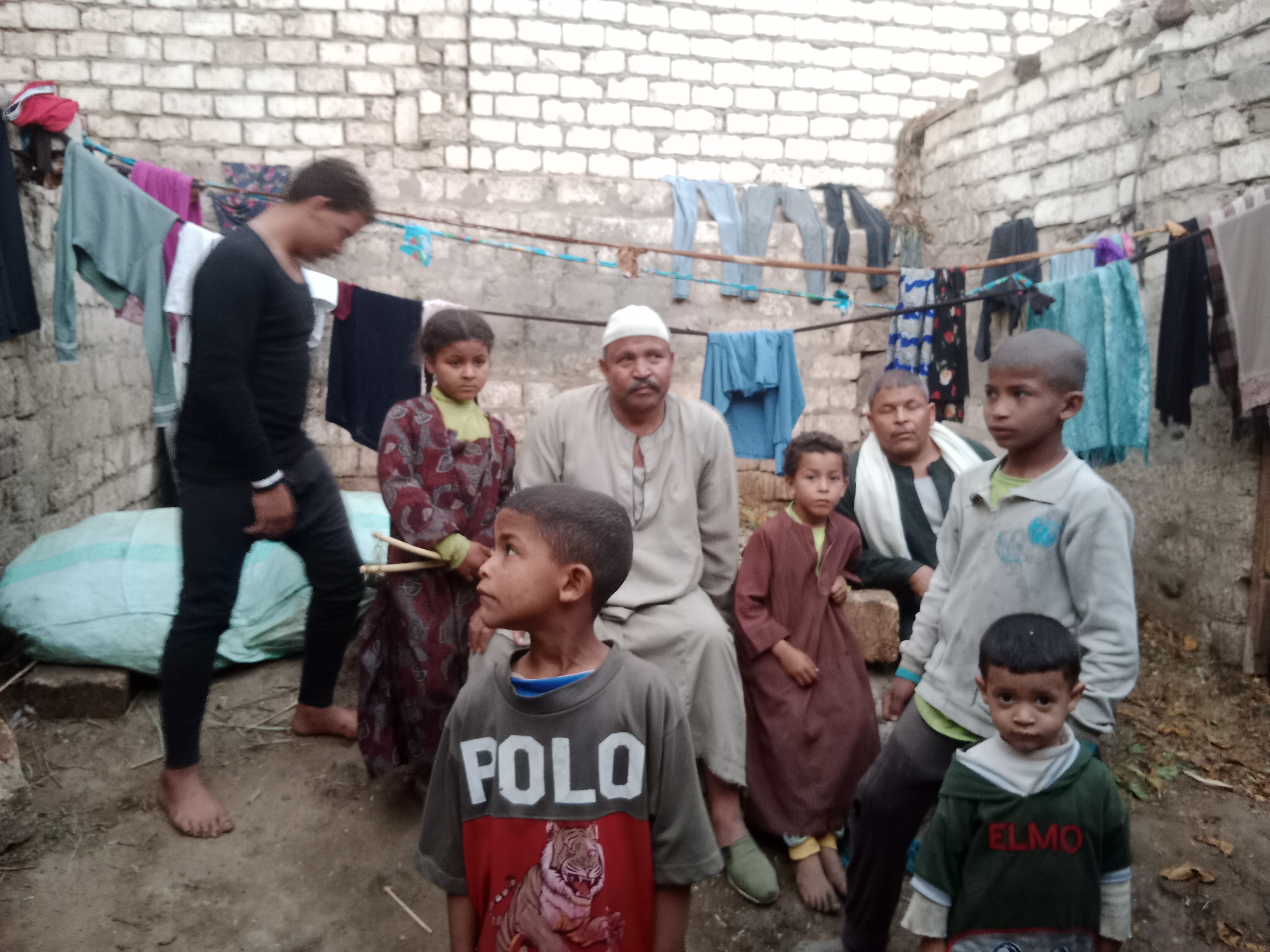 The life of the al-Jams tribe in Upper Egypt.
The life of the al-Jams tribe in Upper Egypt.
Raseef22 is a not for profit entity. Our focus is on quality journalism. Every contribution to the NasRaseef membership goes directly towards journalism production. We stand independent, not accepting corporate sponsorships, sponsored content or political funding.
Support our mission to keep Raseef22 available to all readers by clicking here!
Interested in writing with us? Check our pitch process here!
